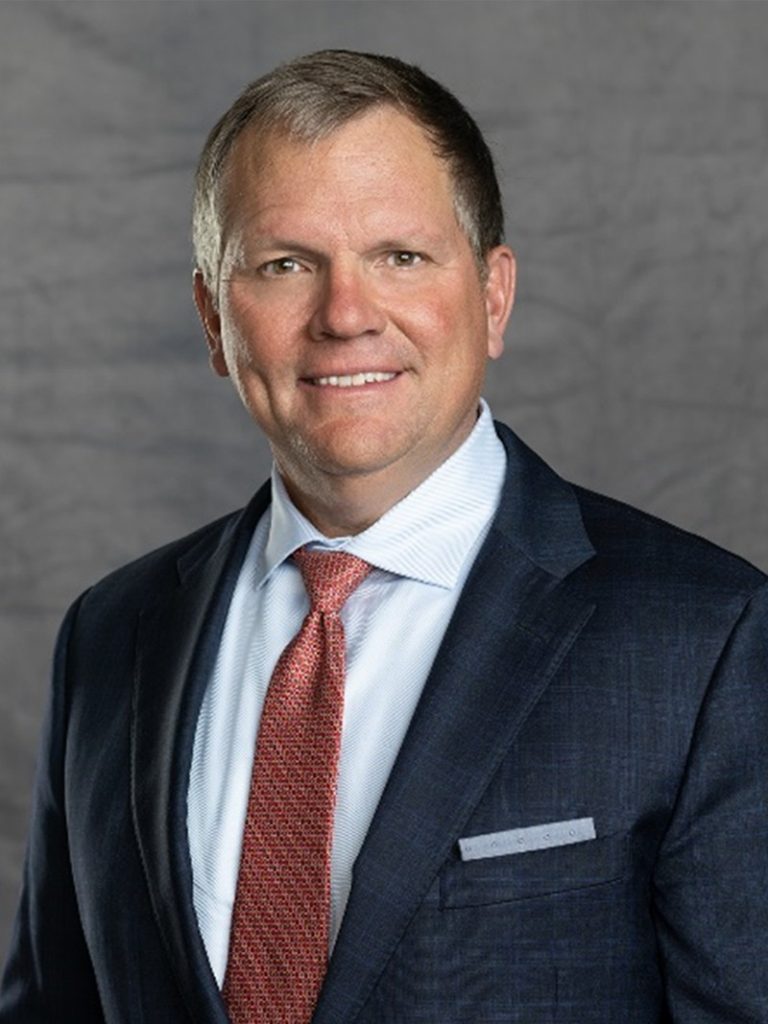Norfolk Southern Corporation is the fifth largest railroad in the United States. It has 20,200 employees, 21,300 miles of track, and generated $12.2 billion in revenues in 2023. Its board of directors has 13 members including the CEO. When it needs to act in a hurry, it acts.
On September 8th, the company announced the Board of Directors had opened an investigation into potential conduct by its CEO Alan Shaw that contravened the company’s policys and its Code of Ethics. The release noted that the company takes all allegations of misconduct seriously and the Board’s Audit Committee had hired a law firm to conduct an independent investigation.

Alan Shaw joined Norfolk Southern in 1994 and became CEO in 2022. Prior to that he was an Executive VP and Chief Marketing Officer for six years and the VP in charge of Intermodal Operations prior to that.
Today, in an unanimous vote, the Board of Directors fired Shaw for having a consensual relationship with a subordinate. The subordinate, Nabanita Nag, was the Executive Vice President Corporate Affairs, Chief Legal Officer & Corporate Secretary. She was also terminated today.
Shaw was paid $13.4 million in 2023. However, since he was fired for cause, it is unlikely he will receive any severance or other deferred compensation.
I want to emphasize that Mr. Shaw was in a consensual relationship with Ms. Nag. He morever had not diverted any corporate funds for his personal use nor was it found that he had violated his fiduciary duties to Norfolk Southern or its shareholders.
This is an example of a Board of Directors acting as it should. They had credible allegations of misconduct in violation of company policy, they investigated it, and they acted expeditiously.
I bring up this example of board action to provide a contrast with the Board of Directors of the NRA. Many on that Board either knew or should have known that Wayne LaPierre was abusing his role as EVP and CEO for improper gains. The Audit Committee had heard from whistleblowers allegations of financial improprieties and did nothing. They had the Frenkel Report as early as 2003 showing financial abuses of credit cards by Wayne’s gatekeeper Millie Hallow. All of this was on top of the issues raised by Ollie North and Richard Childress in 2019. Instead of taking a positive stance and terminating Wayne, they defended him up until he resigned earlier this year.
There are two morals to this story. The first is that when presented with credible evidence of violations of company policy, a good board acted as they should have done. The NRA’s board did not. The second is that an effective board cannot have 76 directors if it is to be a viable board and do its fiduciary duty. The Norfolk Southern board had 12 independent members and they not only did their duty but did it quickly.
